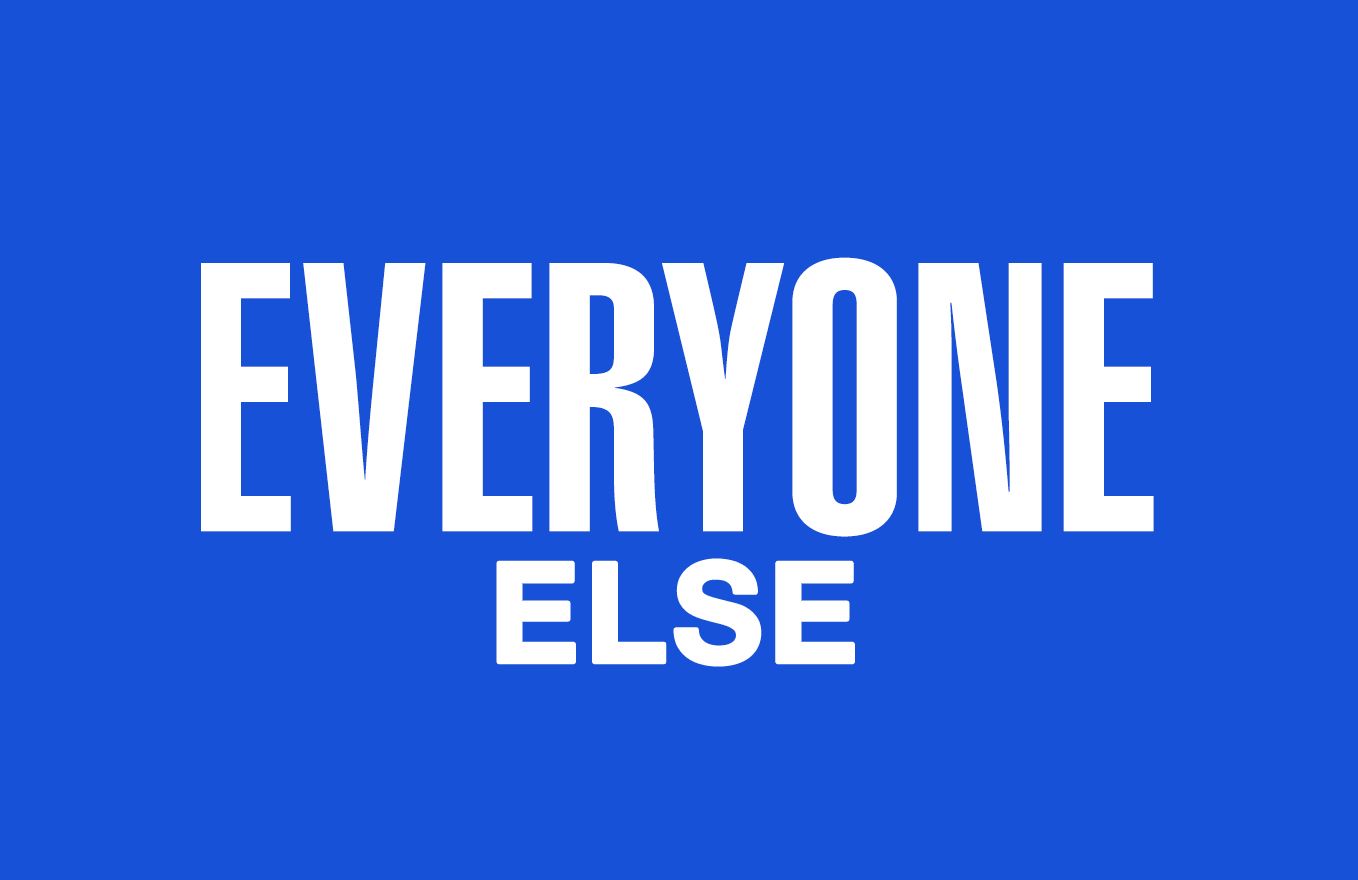
Like many, I am devastated by the results of last week’s election. I’m worried for all the ways this might affect my family directly. The threat to reproductive healthcare and the gutting of public education come to mind as immediate dangers. I wanted to wake my daughter up on November 6th and say look, this is our new president! Isn’t she cool? Instead, I had to fight back tears and tell her that the bad guy won.
But this election was never just about me and my personal circumstances. It was a fight for a functioning democracy versus a dismantled government. A cool-headed leader versus an erratic narcissist. Fundamental freedoms versus flagrant scapegoating. It was a campaign for tangible, incremental improvements versus empty promises and lies.
I’ve been trying to understand why Democrats lost this fight so spectacularly. The gist of the post mortem analysis is that we didn’t adequately speak to people’s individual concerns. To working class voters, we didn’t say enough about inflation and the cost of eggs. To young people, we didn’t promise enough change to the status quo. To moderates, we failed to address anxiety around trans issues. If this were a normal election between two qualified candidates, then sure, put your kitchen table ahead of all else. But when the choice is between democracy and two-bit dictatorship, is it so hard to look beyond your own family, your own circle, your own identity to imagine how your vote might affect everyone else?
This piece by M. Gessen cuts to the heart of why I’m so disappointed in my fellow Americans. Gessen quotes Balint Magyar, a scholar of autocracy, and says Trump is not a fascist. His appeal is even more primal: he promises that you don’t have to think about other people.
Clearly, this self-centered thinking drove many to punish Democrats or to outright support the convicted felon. Putting yourself first might benefit you in the short term, but it does nothing to foster the society that most of us want to live in long term.
As a designer, it is my job to empathize with others. It’s natural for me to see the big picture and to offer sensitive solutions that benefit as many people as possible. I started my own practice because I wanted to partner exclusively with clients who also consider others and the impact of their decisions. Caring about others is especially urgent in this moment. It is how I think, how I work, how I vote.
